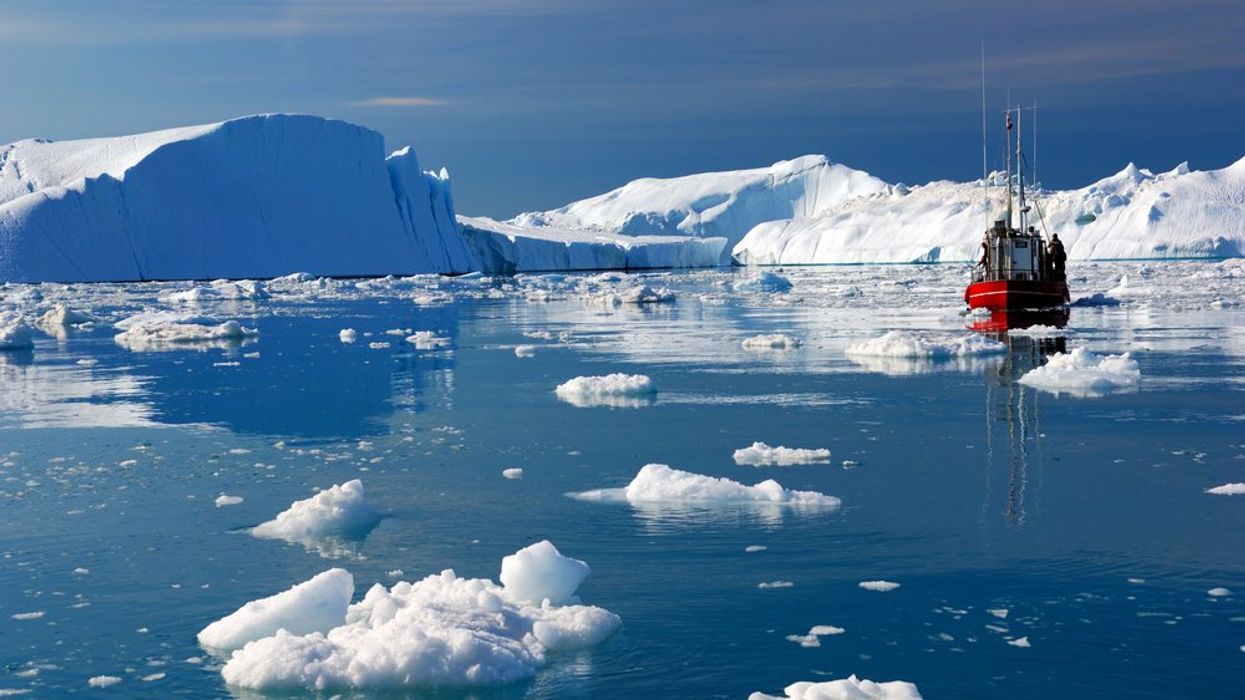It is too late to stop Arctic sea ice from melting during the summer, according to a new study in Nature.
Using projections based on existing data, researchers determined that the Arctic seas will be “practically” ice-free during September by the 2030s, even if the world is able to drastically curtail carbon emissions. Under high emissions scenarios, the arctic will likely be ice-free from August to October.
“By scaling models’ sea ice response to greenhouse gases to best match the observed trend in an approach validated in an imperfect model test, we project an ice-free Arctic in September under all scenarios considered,” the report reads.
This is likely to have a profound impact on ecosystems, altering life for marine mammals and other arctic organisms. Human civilizations will also be affected, as ice levels impact ocean temperatures, and therefore extreme weather patterns.
"We may experience an unprecedented ice-free Arctic climate in the next decade or two, irrespective of emission scenarios," the study explains. "This would affect human society and the ecosystem both within and outside the Arctic, through changing Arctic marine activities as well as further accelerating the Arctic warming and thereby altering Arctic carbon cycling."
The study's lead author, Professor Seung-Ki Min of Pohang University in South Korea, told CNN that the Arctic has reached a "tipping point" and is on the verge of becoming "seriously ill."
“We can regard the Arctic sea ice as the immune system of our body which protects our body from harmful things,” he said. “Without the protector, the Arctic’s condition will go from bad to worse quickly.”
Min recommended that world leaders begin resilience planning for the worst-case scenarios.
“We need to prepare ourselves for a world with warmer Arctic very soon,” he continued. “Since Arctic warming is suggested to bring weather extremes like heatwaves, wildfires, and floods on Northern mid- and high latitudes, the earlier onset of an ice-free Arctic also implies that we will be experiencing extreme events faster than predicted.”


















































